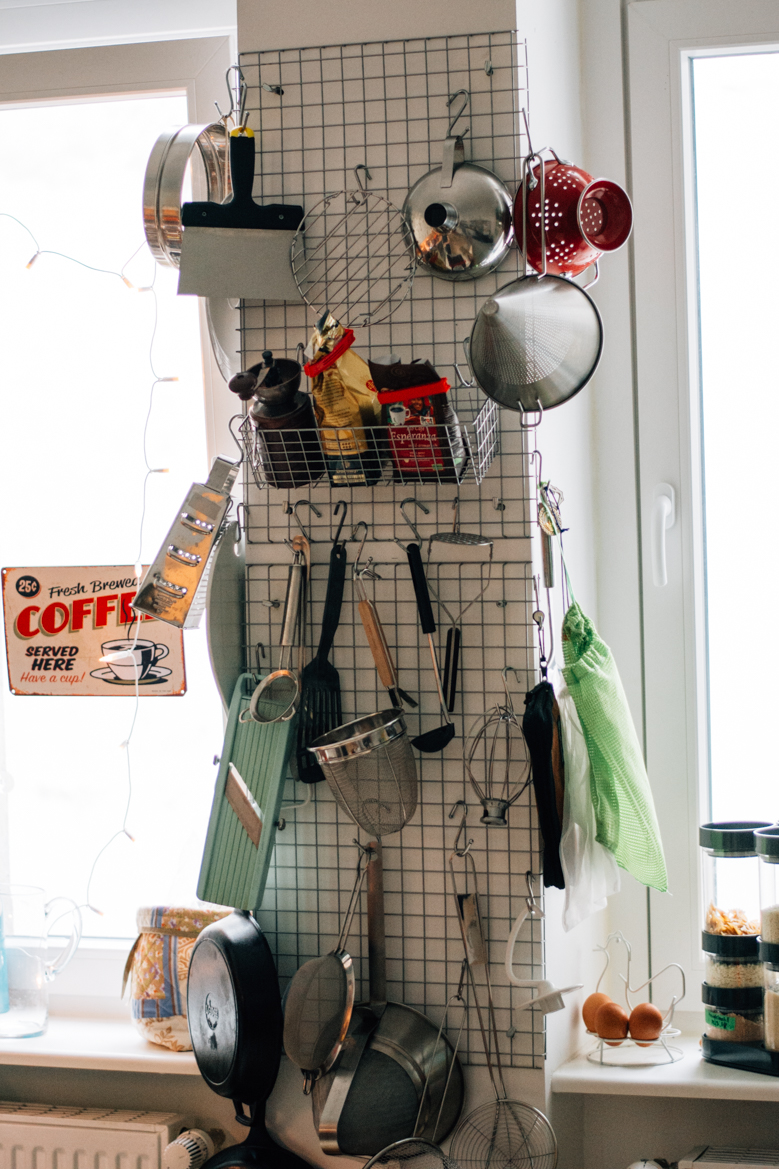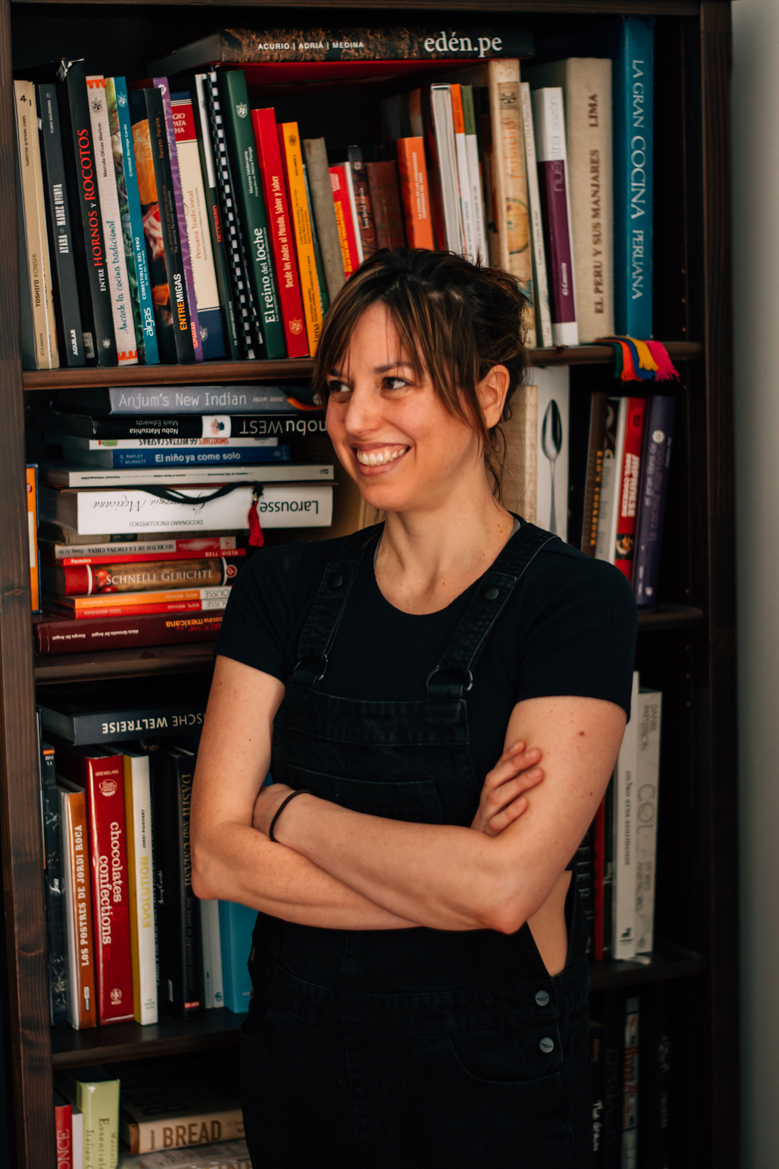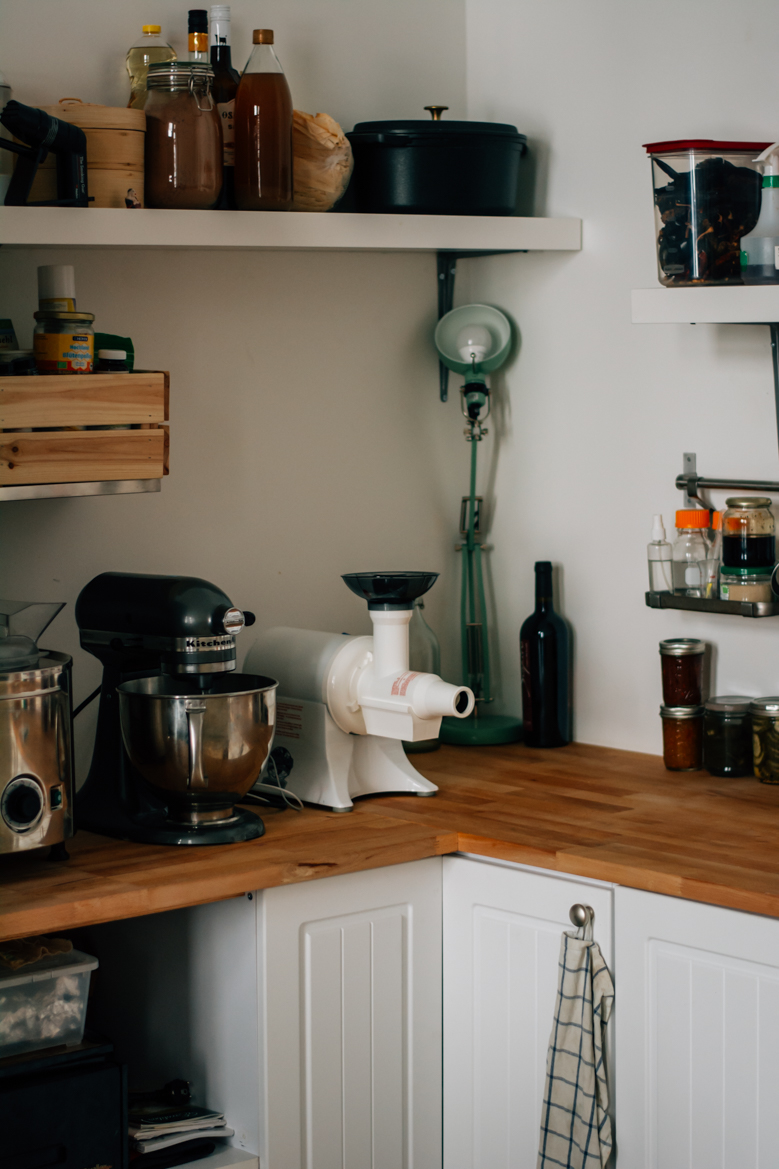"It comes from my Peruvian roots this desire to make people feel at home at all times. Most of the time I invite people over for a drink or a dinner and in the end, a party comes out of it!"
Monica where do you come from & what can you tell us from your passion project?
I was in born and raised in Lima, Peru, but I lived in Europe for the past 10 years. I studied biology, so I did not really study cooking until much later. When I decided to go deeper into the scientific field, at 18 years old, I found everything related to life and how it works very fascinating. I left Peru to move to Madrid and every weekend was for me the occasion to invite my friends over and test new recipes, that I was researching beforehand. And as time went by I was 7 years in Madrid and my friends kept telling me "to open up something", and the idea grew in me. A week after I finished my Ph.D. I started a food blog "Moni Touille", and began to write and take pictures of the dishes I was cooking. In the meanwhile, I was taking German courses with the idea of moving to Berlin. One day, my friend invited me to participate in a sourdough bread baking course. I had never done it before and I found the idea really exciting. Suddenly I had found out about this correlation between science and cooking, I was sold! Science and cuisine were always two different things for me: one was for the weekdays, and the other one was for weekends and friends. After moving to Berlin, a friend of mine told me about this cooking school that just opened in Spain. They were offering a Master's degree focusing on research and high-end cuisine. I applied and got in!
Monica's cookbook at 8 years old :)
When did you decide to make a living out of your passion?
For me, cooking was always a passion, even when I was 8 years I was collecting recipes in a little book. During the master’s, I met all these chefs that had a real technical background (mostly through French cuisine) and I did not, in this way they were no boundaries to my creativity. That was the starting point.
Do you feel like your scientific background is influencing your approach to cooking?
It depends on what I cook. If you are preparing a vinegar or baking bread there is a methodology to follow. There are maybe few variables that you can change but not that much in the end. I would say that I'm the most scientific when it comes to the research before trying out new recipes. I always have a lot of books on hand.
"Suddenly I had found out about this correlation between science and cooking, I was sold!"
What is your routine, when you get into the creative process?
One of the things that inspired me the most is the product, the raw materials. Here's a little story about that: I went back to Peru for three months, and I was going to do a pop-up in a friend's bar. So I do my research look into all the cookbooks that I have but in the end, I was not satisfied with what I came up with. The friend which I was supposed to do the pop-up with calls me up and tells me everything he has planned. I just decided to close all my books and come up with the menu the week of the event. I went to the farm and wanted to see what the land was giving us at that time. It gave me all the inspiration I needed, and no book was necessary for that.
How are your origins influencing the way you cook?
I would say that my latin origins influence me the most in the way I host. Hosting is totally a latin thing and I like people too feel welcomed right away. It comes from my Peruvian roots this desire to make people feel at home at all times. Most of the time I invite people over for a drink or a dinner and in the end, a party comes out of it!
What is in your world the capital of food?
It's a tough one! I am a bit biased but I would say Lima is to me, the capital of food. The cuisine has so many different influences: Italian, Japanese, Indian or even Chinese with the sweet and sour. Although I do love Indonesian cuisine, I need to start doing research on that (laughs).
What place would you recommend in Berlin for somebody that never tried Peruvian cuisine?
My place (laughs).
When was the last time you got impressed by a chef in Berlin or elsewhere?
The most inspiring for me always was the place where I did my internship during my masters at Blue Hill at Stone Barns in New York. It is a restaurant that also has a farm: everything they serve and everything they cook comes from this farm, all the produce cooked is locally sourced. Every time I go back to Blue Hill it fills me with energy and inspiration- I consider the chef there to be one of my mentors.
What was the most difficult dish you tried to make?
The first ones that come to my mind are the dishes from my childhood. I wanted to recreate them in the restaurant I was working in, but these dishes had a such a profound taste and were filled with love, it was definitely a challenge to translate it into a plate. Making people feel like they are eating at their grandmother's house is one of the biggest challenges: it doesn't only trigger your pallet but it mostly triggers your memory. I love that, it's so powerful. But I would say that bread was definitely one of the most difficult ones to make as well.
Take a look at the pictures of our last workshop together, here!
Interview made on a sunny day the 12th of April in Berlin
Made by Annalena - beautiful pictures by Kama






